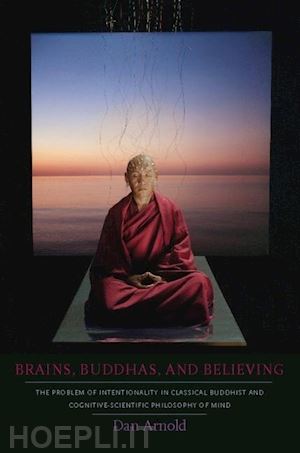In the recent, burgeoning discourse on Buddhist thought and cognitive science, premodern Buddhists are sometimes characterized as veritable "mind scientists" whose insights anticipate modern research on the brain and mind. Aiming to complicate this story, Dan Arnold confronts a significant obstacle to popular attempts at harmonizing classical Buddhist and modern scientific thought: since most Indian Buddhists believe that the mental continuum is uninterrupted by death (its continuity is what Buddhists mean by "rebirth"), they would have no truck with claims that everything about the mental is explicable with reference to brain events. Yet despite this significant divergence, a predominant stream of Indian Buddhist thought, associated with the seventh-century thinker Dharmakirti, turns out to be vulnerable to arguments modern philosophers have leveled against physicalism. By characterizing the philosophical problems commonly faced by Dharmakirti and contemporary philosophers such as Jerry Fodor and Daniel Dennett, Arnold seeks to advance an understanding of both first-millennium Indian arguments and contemporary debates in philosophy of mind.
The issues center on what modern philosophers have called intentionality - the fact that the mind can be about (or represent or mean) other things. Tracing an account of intentionality through Kant, Wilfrid Sellars, and John McDowell, Arnold argues that intentionality cannot, in principle, be explained in causal terms. Elaborating some of Dharmakirti's central commitments (chiefly his apoha theory of meaning and his account of self-awareness), Arnold shows that despite Dharmakirti's interest in refuting physicalism, his causal explanations of the mental mean that modern arguments from intentionality cut as much against his project as they do against physicalist philosophies of mind. This is evident in the arguments of some of Dharmakirti's contemporaneous Indian critics (proponents of the orthodox Brahmanical Mimamsa school as well as fellow Buddhists from the Madhyamaka school of thought), whose critiques exemplify the same logic as modern arguments from intentionality. Arnold's complex study shows that seemingly arcane arguments among first-millennium Indian thinkers illuminate matters still very much at issue among contemporary philosophers.












